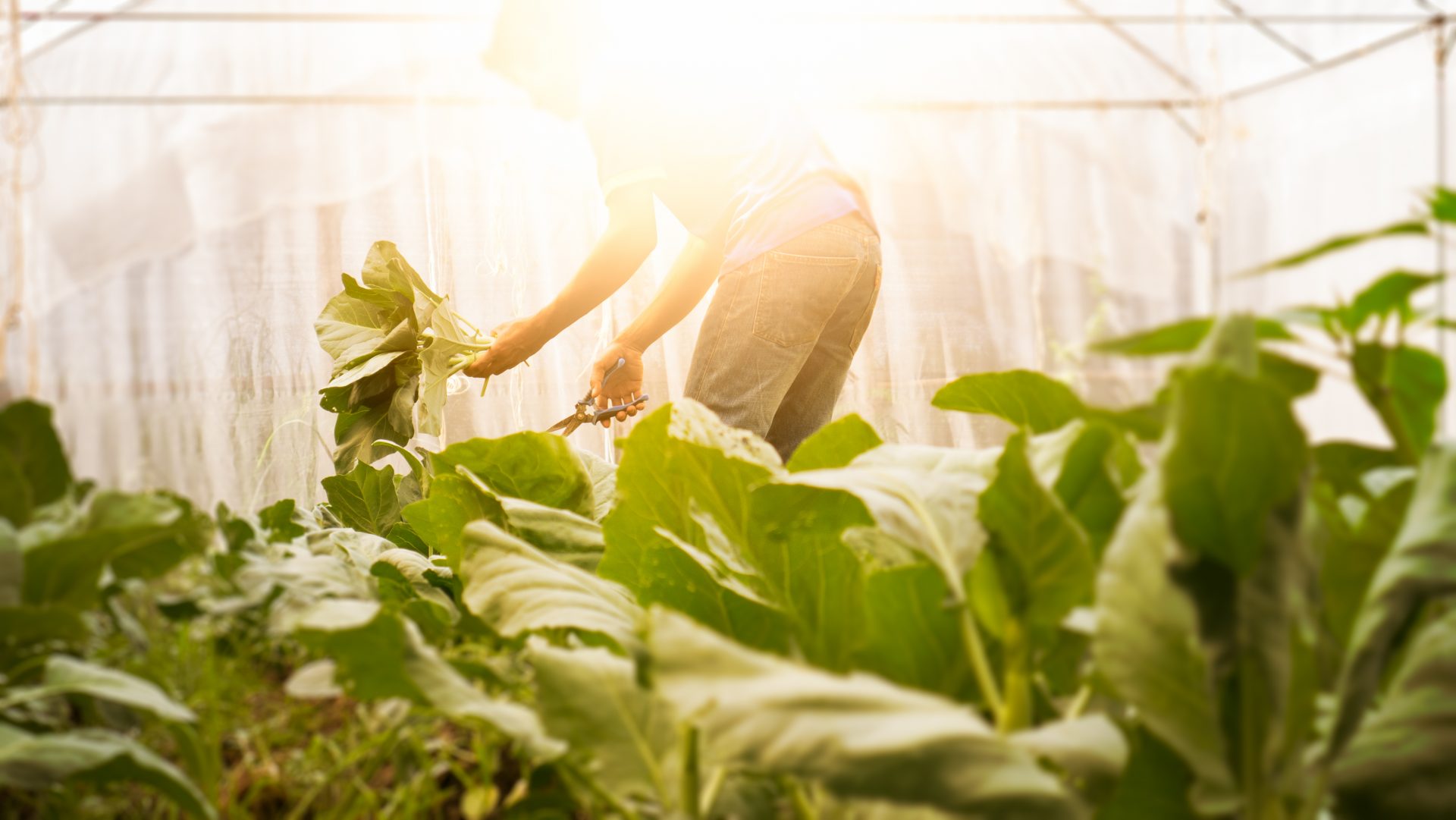The first United Nations Food Systems Summit was held on September 23rd 2021, during the UN General Assembly in New York. UN Secretary-General António Guterres asked governments to maintain their commitment to the 17 Sustainable Development Goals they pledged to implement before 2030, focusing on sustainable food systems for both people and the environment.
After remaining roughly unchanged during the years 2014-2019, the number of people affected by hunger worldwide raised considerably in 2020 due to the effects of the pandemic. Around 700 million people still deal with hunger every day in 2021, and more than 2 billion don’t have access to adequate sources of nutrition. Although the circumstances that caused such a setback can certainly be described as unpredictable and extraordinary, radical changes to adapt food production systems to the needs of economic and environmental sustainability are undoubtedly necessary.
“Every day, billions of people harvest, process and transport food to market and to our homes. Consumers make choices of what to eat, based on what is available and accessible. This daily activity touches us all, and underpins our cultures, our economies and our relationship with the natural world. Women, often the backbone of food systems, and young people, provide fresh hope for transformative food systems that bring us together as families, communities, and nations in harmony with nature”, declared Secretary-General Guterres in his Statement of Action delivered at the Summit.
Access to healthy, nutritious food should no longer be an issue in the 21st Century; for this to happen, it is necessary to involve the people at the centre of our food systems, starting from the farmers, the shepherds and the people dealing with food distribution and sales. In 2021, food production systems are still fragile and far from being at par with environmental sustainability objectives: the most recent estimates put agriculture’s greenhouse gas emissions between 20 and 40 per cent of the global overall. Moreover, food production is still responsible for up to 80 per cent of biodiversity loss and uses roughly 70 per cent of freshwater availability.
The good news is that this major challenge to making our food sustainable now enjoys widespread public support. However, time is tight, and the complexity of the problems on the table suggests that there is no single solution. Transforming our food systems is an issue that should be addressed with every means available in our toolbox.
While people engagement is certainly crucial, recent research suggests that plants obtained through new genomic techniques such as CRISPR-Cas9 can contribute to the objectives of the European Green Deal. This innovative approach could be particularly effective in pursuing the United Nations’ Sustainable Development Goals (SDGs) for a more resilient and sustainable agri-food system. They could provide new plant varieties with higher yields and need fewer chemical fertilizers and insecticides, and consume less water.
The future of food systems and agriculture is probably the most central of the sustainability goals that we must achieve to deliver a better world to the generations that will follow us. Food and the environment are issues that affect us all, and for this reason, Re-Imagine Europa has assembled a Task Force on “Sustainable Agriculture and Innovation“.
Food producers, ecology experts, scientists and policymakers collaborate in the work of the Task Force to establish a new vision for agriculture that protects its traditional values and adapts them to the 21st Century through innovations and scientific research. The next meeting, scheduled for October 5th, 2021, will feature a keynote by Professor Jennifer Doudna, President of Innovative Genomics Institute and 2020 Nobel Laureate in Chemistry for her groundbreaking development of CRISPR-Cas9 as a genome-engineering technology.




